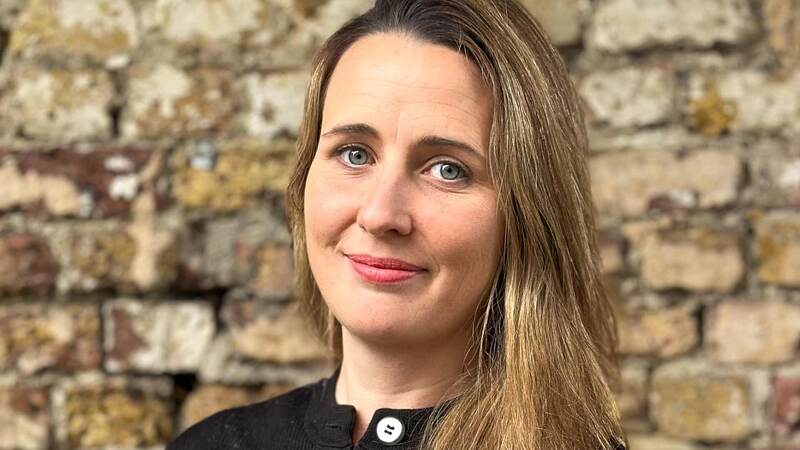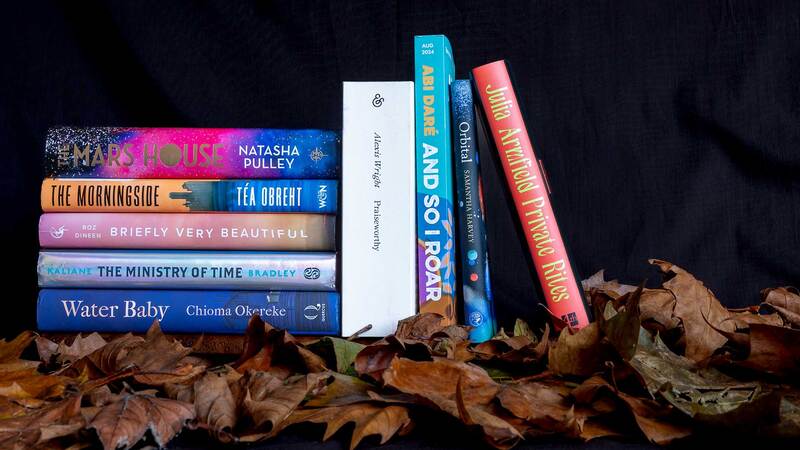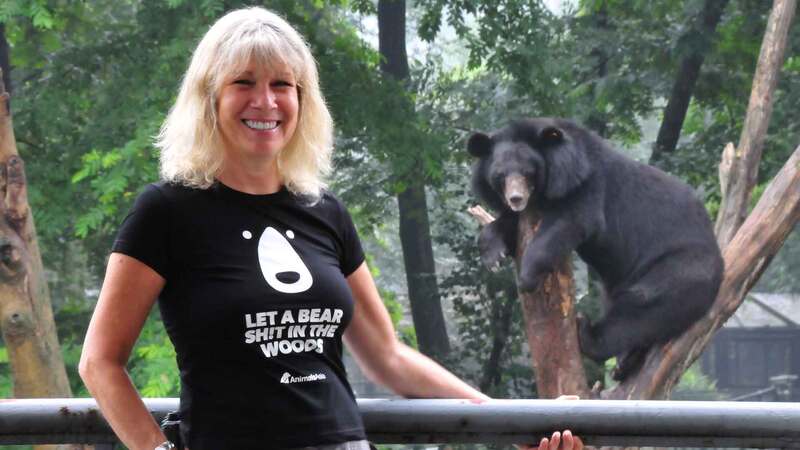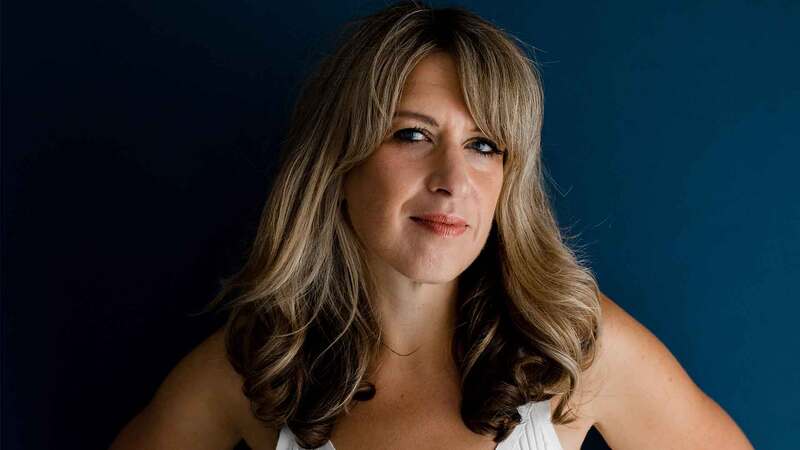You are viewing your 1 free article this month. Login to read more articles.
Harvill Secker pre-empts 'electrifying' debut by Johnson
Harvill Secker has pre-empted an "electrifying" debut novel by Jocelyn Nicole Johnson, about a diverse group of Charlottesville neighbours fleeing violent white supremacists.
Kate Harvey, deputy publishing director at the imprint, acquired UK and commonwealth rights including audio for a "high five-figure sum" to My Monticello from Meredith Kaffel Simonoff at Defiore & Company. North American rights were pre-empted by Retha Powers at Henry Holt and a feature film deal is in the works. My Monticello will be published as a lead debut for Harvill Secker in November 2021 in hardback, trade-paperback, e-book and audio.
The novel is about a diverse group of Charlottesville neighbours who seek refuge in, and stake claim to, Thomas Jefferson’s historic plantation house, Monticello, after their homes are attacked by marauding white supremacists. The publisher said: "Families, lovers and near-strangers care for and sustain one another over 19 heart-stopping days on the mountain, finding ways to hope, to resist, and to live, as the town burns below them. Their story is told by Da’Naisha Love, an imagined young Black descendant of Jefferson and Sally Hemings. Love must reckon with her own relationship to the house and its enslaved former inhabitants, as the present threat draws ever closer".
Novelist Colson Whitehead described the work as "electrifying" while Roxane Gay said it was "absolutely unforgettable".
Harvey said: "In fewer than 200 pages Jocelyn Nicole Johnson tells a story rich in layers of history and human experience. This is a strong, intensely imagined novel that addresses head-on the pain and trauma of racial violence, while also showing the transformative power of collective action, compassion and care. There’s such generosity in Jocelyn’s writing, and such fierce clarity to her vision – her characters not only become family to one another; they are forever in the heart of her reader too. I know how powerfully My Monticello will speak to everyone who encounters it, and I feel incredibly fortunate and proud to be publishing it in the UK this autumn."
Johnson added: "After white nationalists descended on my small Virginia town in August of 2017 wielding torches, firearms and emblems of genocide, I had to ask myself, how should I respond? I responded in part by writing My Monticello. This novel was not only a recasting of details of that summer, but an outgrowth of my own piecemeal education about some of brutal racism in our local history, which mirrors America’s broader history. I found myself heading to Monticello, a place I had visited but never really seen before. Moving though Thomas Jefferson’s plantation home, I could not help but wonder about my country. What it would mean if Black and brown Americans were fully welcomed here, as if it were our home, too? What would it look like if the history of enslaved people was handled with as much care as the history of the founding fathers? In writing My Monticello, I also wanted to explore the sway of community, and how extreme challenge can spark fierce love."



















